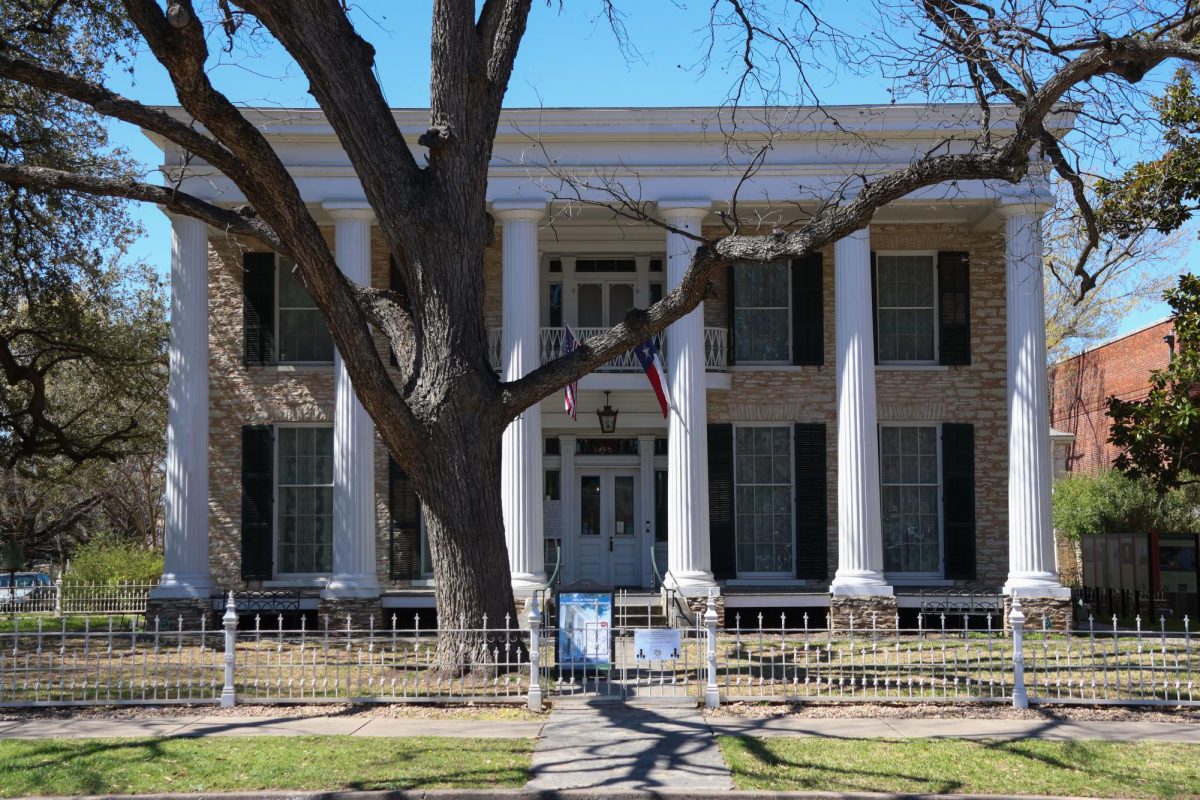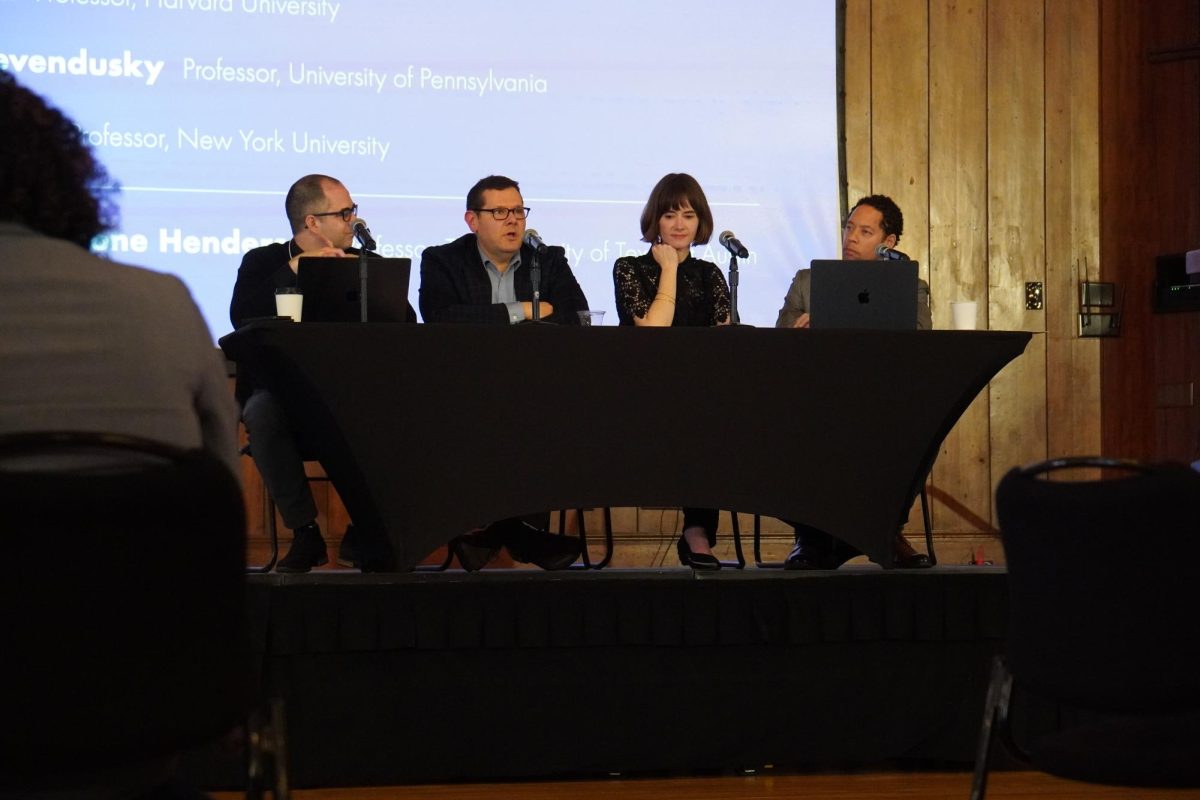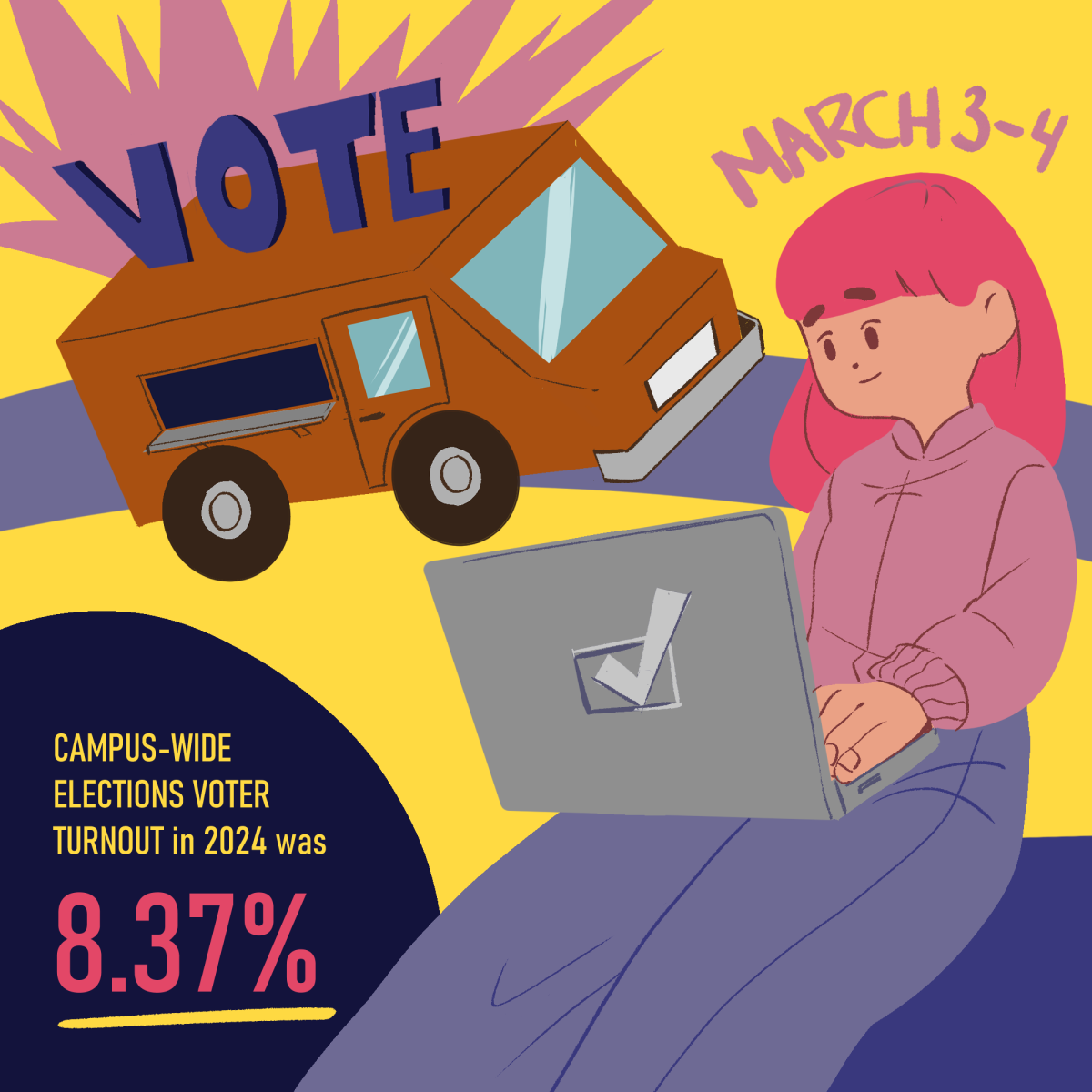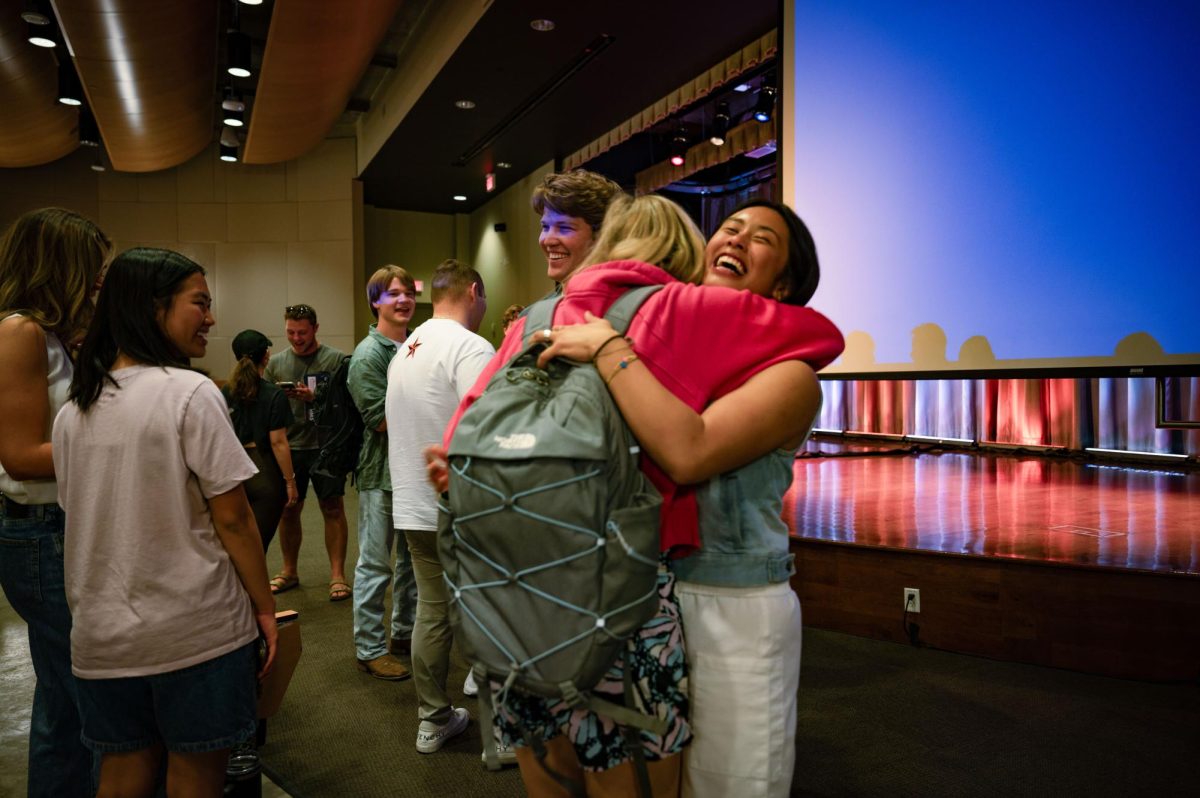The number of UT Police Department service calls involving the homeless population has increased almost 50 percent since 2015.
Service calls involving the transient population at UT increased from 107 calls in 2015 to 145 calls this year to date, according to KXAN. In 2017, assault dropped below the top three crimes involving the homeless, which are alcohol, drug and trespassing violations.
UTPD captain Gonzalo Gonzalez said the upward trend might be reflective of an increase in people’s willingness to report.
“People are reporting more, and officers are seeing and acting on things more,” Gonzalez said. “We are educating the public more about reporting before posting concerns to social media.”
The UT community should be aware that the numbers include both criminal and non-criminal calls for service, Gonzalez said. Non-criminal calls totaled 54 in 2015, 58 in 2016 and 53 this year to date.
“A non-criminal call could be due to a welfare concern or just someone acting suspicious,” Gonzalez said. “That can include (the homeless) talking to themselves, panhandling, sleeping in public, or it could be call for help if someone is in medical distress.”
Students should not be too concerned about the homeless, Gonzalez said.
“It’s not illegal to be homeless,” Gonzalez said. “The homeless is part of the community. I would not be scared of them. We don’t arrest the homeless because they’re poor or hooked on alcohol. We take appropriate actions when they’re a danger to themselves or others. As a parent whose daughter is graduating from UT, I would say beware of your surroundings and call 911 if you see anything suspicious.”
The improvement on reducing crimes involving the transient population has been significant, Gonzalez said.
“You would not recognize the Renaissance Market before 2014,” Gonzalez said. “The difference is night and day. Transients were everywhere. They slept wherever they wanted, they were defecating and urinating in public, and they were more aggressive. When he came to us in 2013, Chief (David) Carter decided to put more force in West Campus. Together, APD and UTPD really cleaned up the area. The homeless problem is not worse for sure.”
The answer to crimes involving the transient population is not within UTPD, Gonzalez said. Other programs such as the Austin Resource Center for the Homeless, or ARCH, and the Mobile Crisis Outreach Team, or MCOT, are trying to help the transient population.
“The answer is from the community,” Gonzalez said. “That includes the University, the county and the city. The city is developing a lot of programs. They have the ARCH downtown. UTPD is forming a partnership with MCOT. If a student wants to help, I would advise them to donate money not directly to the person but to one of these programs.”
Kinesiology sophomore Khalid Saeed said his interactions with the homeless have never been aggressive.
“I walk on Guadalupe Street everyday, and I’ve never been intimidated by them,” Saeed said. “I just feel bad for them.”
Biochemistry sophomore Mai Phan said an increased police presence might be a solution to crimes involving the homeless.
“I think students definitely feel more comfortable when there is more police presence around us,” Phan said. “(The homeless) are probably also less aggressive when there’s an authority nearby.”




















